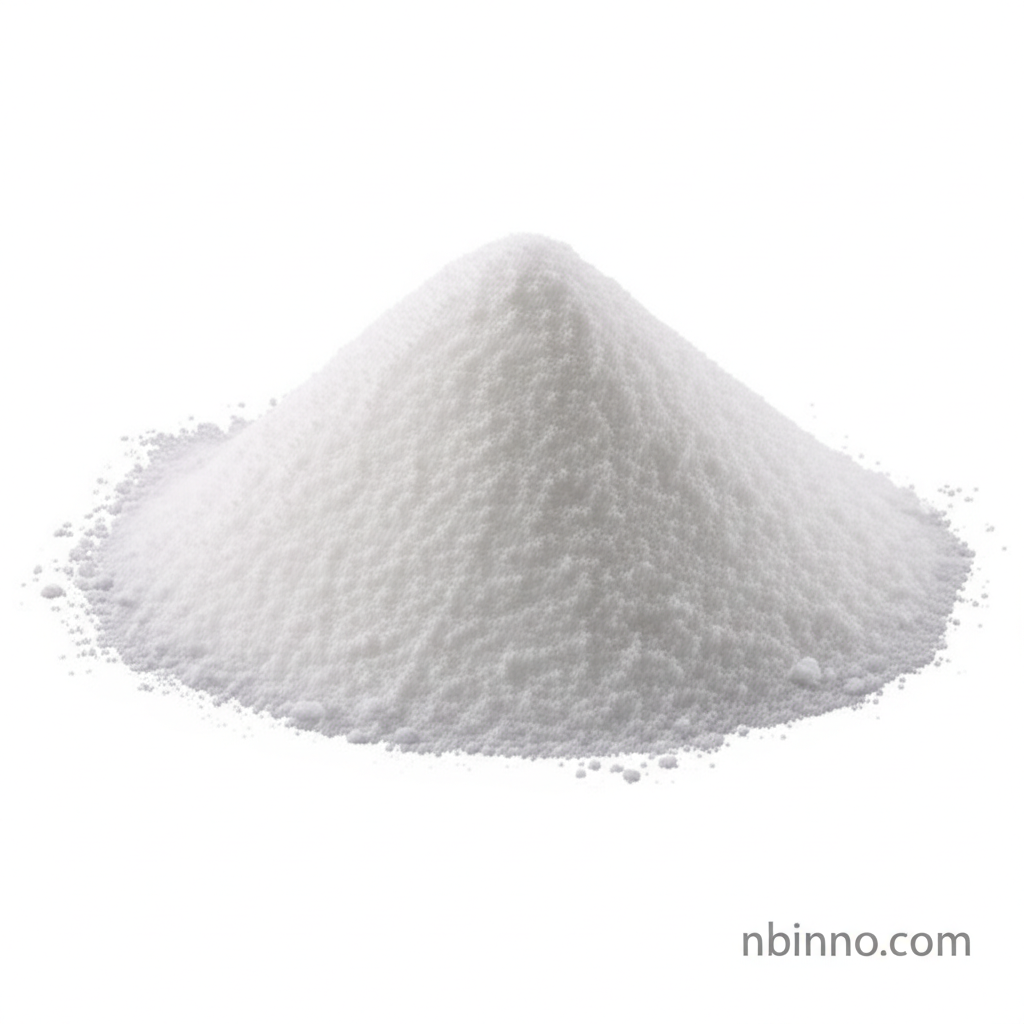Palmitoylethanolamide (PEA) 99%: Natural Relief for Pain and Inflammation
Discover the endogenous fatty acid amide with potent anti-inflammatory and neuroprotective benefits.
Get a Quote & SampleProduct Core Value

Palmitoylethanolamide 99%
Palmitoylethanolamide (PEA) is a naturally occurring fatty acid amide with significant potential for managing chronic pain and inflammation. Its interaction with nuclear receptors modulates various biological pathways, offering neuroprotection and anti-inflammatory effects.
- Explore the Palmitoylethanolamide anti-inflammatory effects in various preclinical and clinical studies.
- Leverage PEA neuroprotective properties to support neuronal health and function.
- Understand the efficacy of Palmidrol for chronic pain relief through its unique mechanisms.
- Utilize this high-purity (99%) chemical reagent, CAS 544-31-0, in your pharmaceutical research and development.
Advantages Offered by the Product
Potent Anti-inflammatory Action
Benefit from the endogenous fatty acid amide benefits, as PEA helps to reduce inflammation by interacting with key cellular pathways.
Neuroprotection and Nerve Health
Support neuronal integrity with PEA neuroprotective properties, aiding in conditions involving nerve damage or stress.
Chronic Pain Management
Effectively explore Palmidrol for chronic pain management, a growing area of interest for non-opioid pain relief solutions.
Key Applications
Pharmaceutical Research
Utilize PEA as a key component in developing new therapeutics for pain and inflammation, leveraging its Palmitoylethanolamide anti-inflammatory effects.
Biochemical Studies
Investigate the mechanisms of CAS 544-31-0 in cellular processes, including its role in preventing glutamate toxicity.
Nutraceutical Development
Incorporate the benefits of Palmidrol for chronic pain into dietary supplements and functional foods.
Chemical Synthesis Intermediate
Employ this versatile Palmitoylethanolamide 99% as an intermediate in complex organic synthesis projects.
